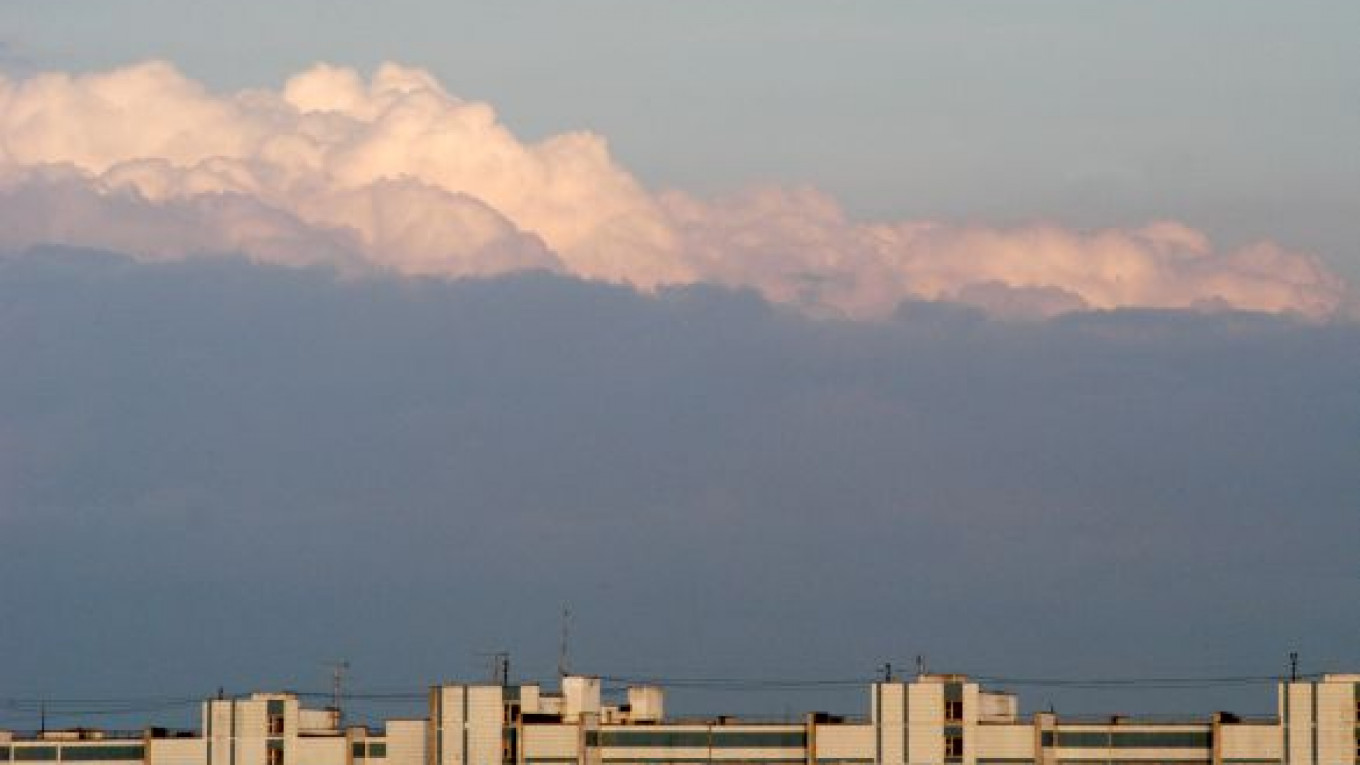Moscow authorities hope to supplement the city budget by up to 5 billion rubles a year at the expense of those who try not to pay taxes when they rent an apartment, but experts doubt the feasibility of the idea.
City officials plan to work with local police, management companies and homeowners associations. "We will collect relevant information and pass it to the tax authorities," head of the Moscow department of economic policy and development Maxim Reshetnikov said.
There are 4.5 million apartments in Moscow, with 47,300 apartments and 7,800 rooms offered on the organized rental market, said Galina Kiselyova of the Inkom-Nedvizhimost agency.
Neither Reshetnikov nor any other expert questioned by Vedomosti was willing to estimate how many owners of those apartments pay taxes on their rental income.
According to Miel-Arenda 2012, the average rent for an economy-class one-room apartment in Moscow was 30,700 rubles ($950) at the beginning of June. Two-room apartments averaged 37,900 rubles and three rooms went for 44,600 rubles.
There are 100,000 apartments leased in Moscow, said Reshetnikov, and a rental rate of 30,000 rubles a month would mean an annual tax on the owner of 50,000 rubles, a total of 5 billion rubles.
"We can fight for them," he said. If an apartment is rented without a lease agreement, it will be considered tax evasion.
There are no rules to govern the relationship of the owner, the lessee and the state in the Russian apartment market, according to Kiselyova, and hasty measures may drive the market even further into the shadows. Tenants can be presented as relatives of the owner or say they live in the apartment for free.
The authorities hope to encourage more apartment owners to be conscientious, according to Nalogovik Group lawyer Roman Teryokhin. Many do not pay income tax primarily because they do not want to waste time and energy on the procedure for doing so.
It would be more effective to find convenient ways to pay income tax, Taxadvisor partner Dmitry Kostalgin said.
An employee of the federal tax authority said the attention paid to the issue might be more helpful than information from the concierge about which owners rent out their apartments. Landlords who have a bad relationship with their tenants will start paying the tax. If the parties have good relations, it is very troublesome to prove that the apartment is being rented for money, and not worth the effort, he said.
Homeowners face maximum penalties and fines of 20 percent of the amount involved, Kostalgin said, and those who decide to pay income tax will benefit from a simplified system and pay at a rate of 6 percent instead of 13 percent. He did not think tax revenue would significantly improve due to the measures.
Renting apartments is the only source of income for many homeowners of modest means, and every ruble is critical to them. Therefore, a proportional increase in rates can be expected, Kiselyova said.
A Message from The Moscow Times:
Dear readers,
We are facing unprecedented challenges. Russia's Prosecutor General's Office has designated The Moscow Times as an "undesirable" organization, criminalizing our work and putting our staff at risk of prosecution. This follows our earlier unjust labeling as a "foreign agent."
These actions are direct attempts to silence independent journalism in Russia. The authorities claim our work "discredits the decisions of the Russian leadership." We see things differently: we strive to provide accurate, unbiased reporting on Russia.
We, the journalists of The Moscow Times, refuse to be silenced. But to continue our work, we need your help.
Your support, no matter how small, makes a world of difference. If you can, please support us monthly starting from just $2. It's quick to set up, and every contribution makes a significant impact.
By supporting The Moscow Times, you're defending open, independent journalism in the face of repression. Thank you for standing with us.
Remind me later.






